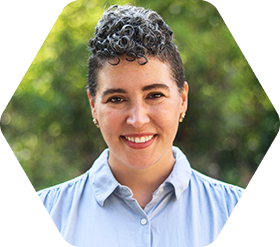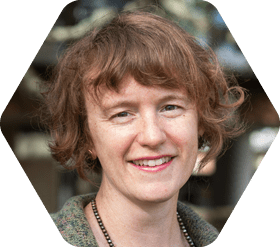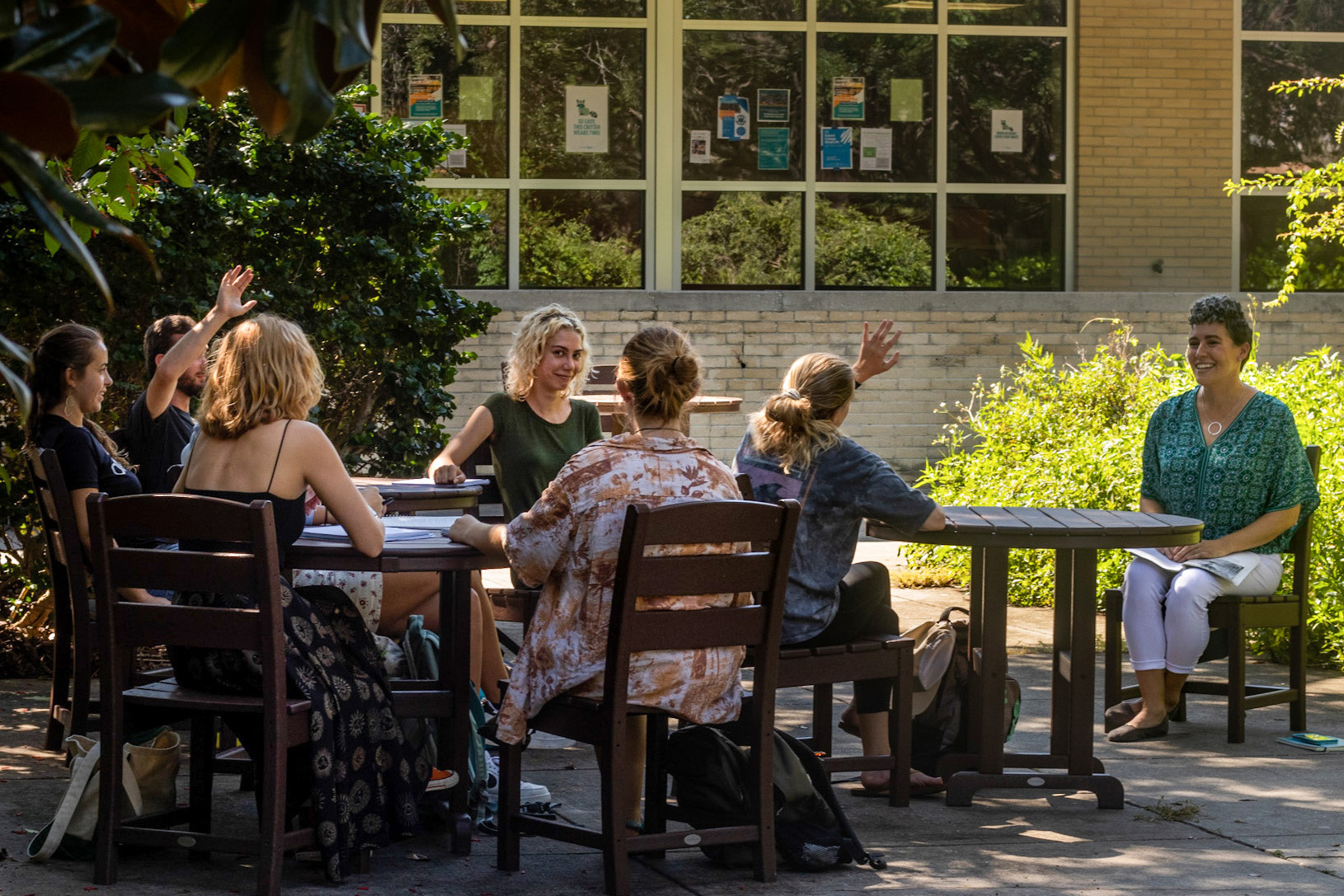Eckerd College Associate Professor of Environmental Studies Joanna Huxster, Ph.D., doesn’t mince words when asked about the importance of integrating climate change—and its myriad causes and effects—into college courses that are not traditionally science-related.
“This is the greatest threat of our lifetime, and I’m excited that climate change is making its way into all kinds of courses,” explains Huxster, who has written extensively about the importance of understanding and trusting the science of climate change. “I teach climate change communication. So I want us to be communicating about climate change in all of the various courses and all the various disciplines.
“Climate change is related to political science,” she points out. “It’s related to sociology and anthropology and literature—even classes like theatre, which is an excellent way to be communicating about climate change. No … there’s no wrong way to incorporate it. I think it should be part of every curriculum.”
A growing number of people in the academic community agree. Weaving climate change into just about any college curriculum is gaining popularity on campuses around the country. A recent report from Western Michigan University titled “Integrating Climate Change in Any Course” offers a reason why. “All education is environmental education,” the report states. “By what is included or excluded we teach students that they are part of or apart from the natural world.

Joanna Huxster, Ph.D.
“To teach economics, for example, without reference to the laws of thermodynamics or those of ecology is to teach a fundamentally important ecological lesson—that physics and ecology have nothing to do with the economy. That just happens to be dead wrong. The same is true throughout all of the curriculum.”
Students trained to approach climate change through an interdisciplinary lens, the report concludes, “will be better prepared to work collaboratively with people in a variety of professions on these critical issues.”
Huxster and Eckerd College Animal Studies Instructor Amanda Hagood, Ph.D., have firsthand knowledge of how theatre can play a role. Because taking a role is what they did on the Eckerd campus a few years ago. The two professors took part in the Climate Change Theatre Action program, a worldwide festival of short plays about the global climate crisis. The aim is to use storytelling and live performances to foster dialogue about climate change.

Amanda Hagood, Ph.D.
“The message that we’re hearing from climate activists is that it’s going to take more than science and technology to solve this problem,” Hagood says. “It’s going to take political savvy; it’s going to take artists and writers who know how to win hearts as well as minds. And it’s going to take good communicators like the ones Joanna is training in her classes.”
Huxster and Hagood co-teach a Winter Term class—Climate Futures in Fiction—on how climate change appears in literature and film.
Leslie La Barre, DMA, Eckerd’s assistant professor of music, has taken up the cause. “I deal with climate change in my original compositions,” she says, “as well as through interdisciplinary sound projects with our students—including my work with the Gulf Scholars Program.”
Talya Binienda, a senior biology student from Winter Haven, Florida, says it’s important to incorporate climate change into nonscience classes “because it’s a topic everyone should have an educated grasp on. I have taken the Winter Term course co-taught by both Drs. Hagood and Huxster, where we read novels centered around worlds ruined by climate change and how it affected real people.
“It was a powerful and moving class that was discussion based. We even watched a movie that allowed us to see what our beautiful world could possibly look like decades and decades from now. Other nonscience classes can also learn through their own methods how climate change will impact them and their passions in life. They could even use acting and music to educate the public in new ways.
“After taking courses with Drs. Hagood and Huxster,” Talya adds, “I know their hearts are always in the right place, and they simply want the best for everyone. Their voices on campus don’t go unheard and should be expanded to other nonscience classes. I think Eckerd students would appreciate their input.”
If anything, Hagood says, “a liberal arts environment really is an ideal environment to have these kinds of conversations and create these kinds of classes. Because there is a real willingness baked into how we teach and how we learn here, to think about multiple disciplinary perspectives, and looking at a problem in the round.”
Huxster, who currently teaches the senior capstone course Imagining Justice, says climate justice is built into the curriculum in that General Education course. “So it’s integral to the fabric of Eckerd College, and I think a lot of schools would say that as well.”
A recent report from the University of Virginia states, “Universities worldwide have begun to prepare their students for careers that will ultimately need them to consider their role in the climate crisis, regardless of industry. All types of colleges and universities,” the report adds, “like law schools, med schools, economic departments and more, are starting to incorporate climate into their curricula, specifically how the climate crisis will transform every field, and are attempting to get students ready to face any transformations from climate change in the labor market.”
“One of the things that we learn as teachers is that you need to meet your students where they’re at,” Hagood says. “This is where they are.”
“And,” Huxster adds, “they are so worried.”













